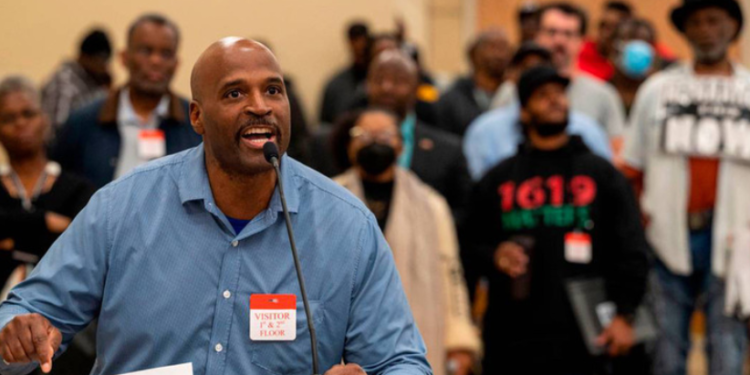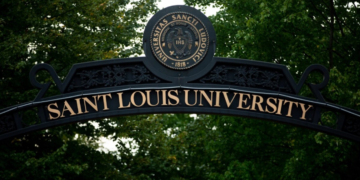Aug 30, 2024 Story by: Editor
The African Heritage Reparation Assembly (AHRA) of Amherst has issued its final report on reparative justice, aimed at addressing the historical and ongoing racial injustices faced by the town’s African American residents. Michele Miller, Chair of the AHRA Committee, provides background on the release of the report.
Michele Miller, Chair of the AHRA Committee: “This effort began over two years ago after the murder of George Floyd with a community petition by an organization that I and some others started. The petition asked the Town Council of Amherst to formally apologize for anti-Black structural racism as well as to create a dedicated reparations fund.”
Miller explains that the petition received widespread support from the community, which led to the establishment of the African Heritage Reparation Assembly, responsible for compiling the report.
During an interview with NEPM, Carrie Healy asked about the feedback from the community, which included listening sessions and a survey conducted by the UMass Amherst Donahue Institute. Healy inquired if any specific comments stood out.
Miller responded, “Yes, absolutely. However, I have been talking to folks in the community for some time, and so there wasn’t anything in there that was completely surprising to me to hear about this community. But what was interesting was to hear the particular experience of individual residents. And it was interesting to hear how the anti-Blackness, how the discrimination that persists in Amherst impacts them and their families.”
Healy also raised the question about the town’s financial ability to support reparations, given Amherst’s annual budget of approximately $85 million.
Miller replied, “We have this $2 million commitment from the town, which is a wonderful start. And in the report, we outlined some additional sources of revenue. We hope that this will begin a deeper, community-wide conversation about the role that all of us in the community can play, and that includes organizations and institutions and the ways that all of us can support this effort and support the initiatives that the Black community would like to bring forward.”
The report examines various areas of bias, including housing, health, transportation, and policing. Miller shared that the committee has identified three main priorities for funding: youth programming, affordable housing, and business grants or entrepreneurial training.
“A previous group, the Community Safety Working Group, developed some proposals that included a BIPOC Youth Center. So, we have uplifted that recommendation, and that is one of the areas that our report focuses on. We also have focused on affordable housing as well as business grants and entrepreneurial training,” Miller explained.
As for the next steps, Miller said, “What we would like to see and what we call for in the report is for a successor body to be formed by the town council and for an acceleration of the $2 million commitment so that initiatives can be pursued immediately. Our report calls for $100,000 annually beginning as soon as the next budget cycle, so that the initiatives that we’ve outlined, as well as initiatives that may be brought forward by the community in, you know, in the near future, can be pursued.”
With the AHRA’s work now complete, the report offers a roadmap for future efforts to address and repair racial inequities in the Amherst community. Source: nepm

















